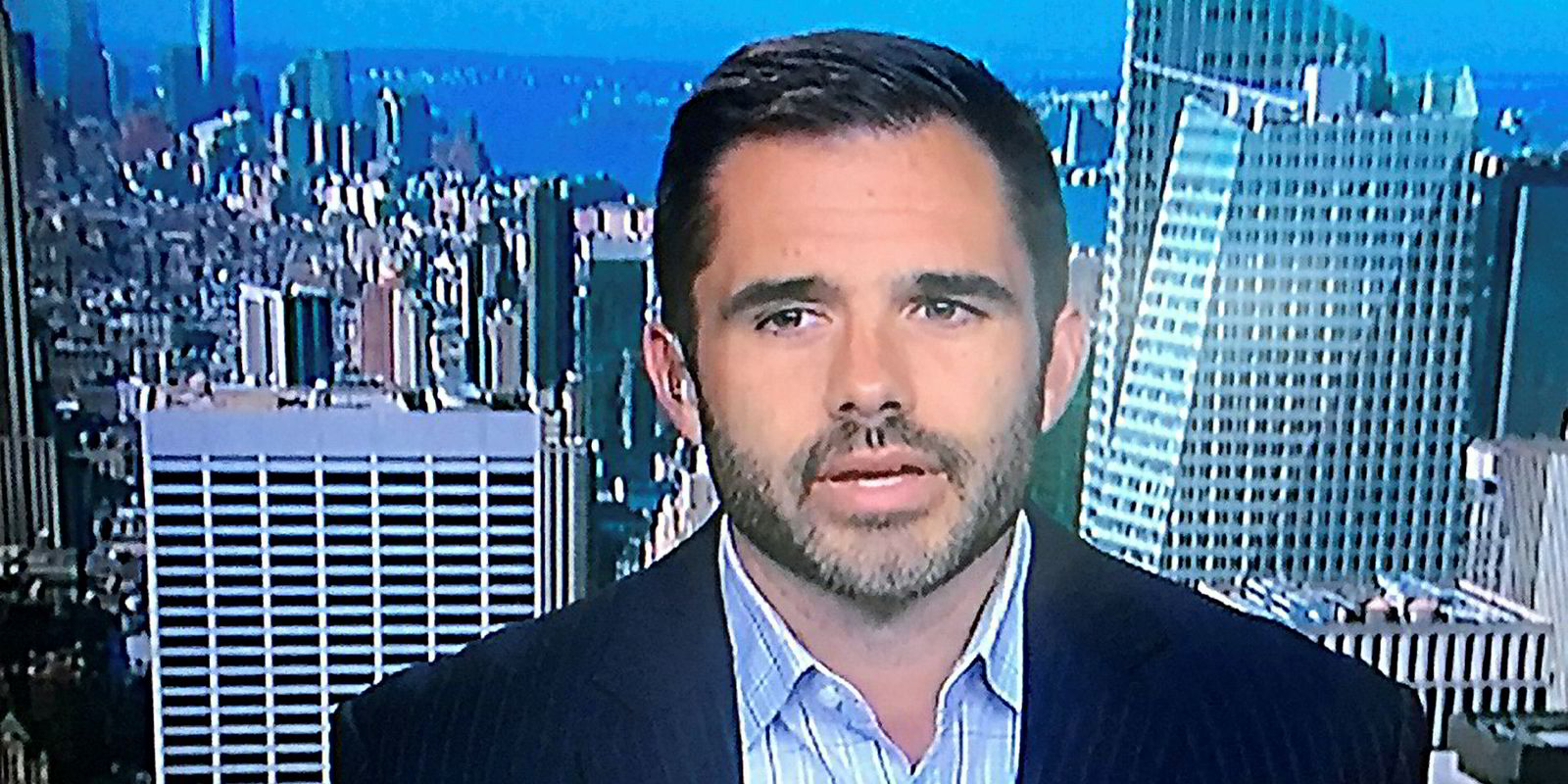The International Maritime Organisation's mandate to lower ship exhaust's sulphur content by 2020 may result in temporary turmoil, according to a drybulker owner.
"I think, for at least the first quarter of 2020, I think it's going to be complete chaos," Star Bulk Carriers president Hamish Norton said.
"I really have my doubts that people are going to pay fines for noncompliance if they have the nearest shred of an excuse in the first quarter of 2020."
Norton gave this prediction Tuesday as a panelist for a talk focused on "Post IMO 2020: Fuel Availability and Compliance at Marine Money 2018 in New York.
"Now by the second quarter, I expect enforcement to be much more rigorous, and frankly for three out of the four quarters of 2020, I expect full compliance."
He said Star Bulk plans to fit exhaust scrubbers on 22 of its ships in an effort to get an edge in the market by burning cheaper fuel.
"It's that simple," he said.
He said the use of LNG is not really an option on drybulk carriers as well as it is on boxships and cruiseships because installation is too expensive."
In an industry with margins as low as the drybulk industry's margins are, it's not time yet," he said.
"Will there become the time? Someday, probably, right before we're required to use tall masts and sails."
To ensure use of low-sulphur fuel oil, panelist Ivar Hansson Myklebust, chief executive of Hoegh Autoliners, said regulators should monitor the refineries instead of inspect the 50,000 ships on the world's oceans.
Norton said there is a very easy way to detect illegal use of high-sulphur fuel oil on ships.
"You can smell it," he said. It's not that hard."'




